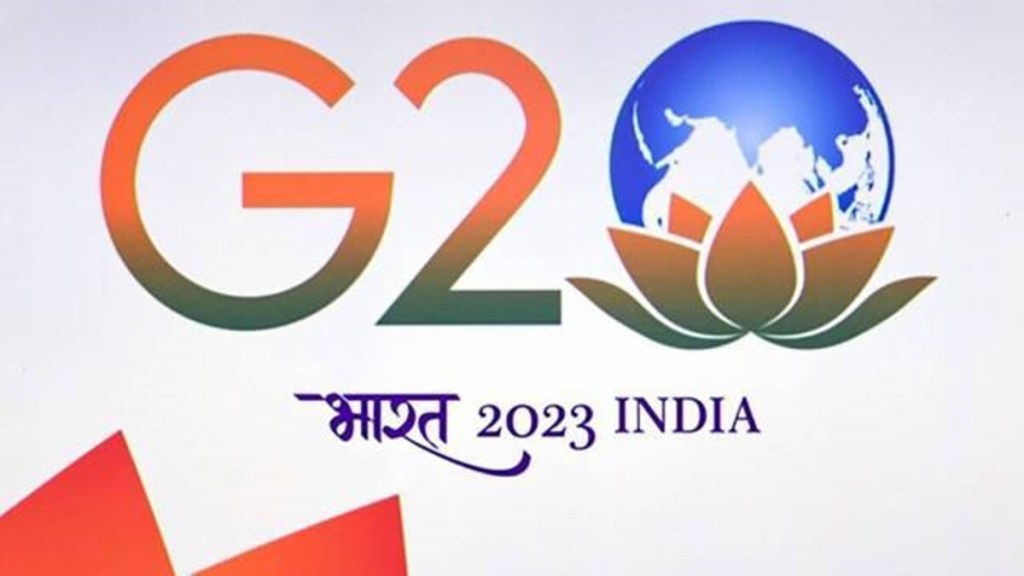To address urgent global challenges and Sustainable Development Goals (SDGs), the G20 Independent Expert Group on MDB Reforms has estimated an additional spending requirement of $3 trillion per year by 2030, about 0.4 trillion of which could be channelised through multilateral development banks, sources told FE.
On March 28, G20 India Presidency set up the expert group co-convened by 15th Finance Commission chairman Singh and former US Treasury secretary Lawrence Summers. The Group’s first report was deliberated at the third Finance Ministers and Central Bank Governors (FMCBG) meeting at Gandhinagar on Tuesday.
Of the $3 trillion annual requirement, two-thirds could come from domestic resource mobilization while the remaining $1 trillion in additional external financing, sources said. Of the $1 trillion in external financing, more than half could come from private financing, and the rest from official financing including MDBs.
It is expected that the increase in official financing should be split between concessional and non-concessional funds. MDBs should be the preferred institutions, expanding to $90 billion per year for concessional finance and $300 billion in non-concessional lending, sources said. On the concessional side, the Group recommended that donors re-orient aid programmes towards multilateral channels to enhance coherence and leverage.
On non-concessional finance, the Group suggested full implementation of the Capital Adequacy Framework (CAF) recommendations on balance sheet optimisation and innovative capital. This could underpin $80 billion in new lending but still leave MDBs $120 billion short of the $300 billion lending target.
The most efficient and fair solution would be a general capital increase., the Group said. Given the timelines for capital increase, the new equity cannot be concurrent, nor congruent with Balance Sheet Optimisation, it felt.
However, an early initiation would send the right signal to credit rating agencies, the market and other stakeholders. Equally, it would comfort developing countries seeking enhanced international support. The capital increases that it is proposing remain modest in terms of overall resources and undoubtedly spread over some years.
The Expert Group recommended that the MDBs adopt a Triple Mandate to address eliminating extreme poverty, inclusive growth and the financing of Global Public Goods on the principle that no country should have to choose between reducing poverty and protecting the planet.
In this report, the committee sought to address wide-ranging terms of reference and establish more definite linkages between mandate, finance, operating model, and congruency of the MDB system. It will submit a second report at the G20 FMCBG meeting in New Delhi in September.
The Group recognised that the required level of private sector participation needs concerted action, in which MDBs have a decisive role to play. In their New Operating model, MDB targets, evaluations and outcome assessments must reflect proactive harnessing of private flows, it said.
A rather innovative part of this Report is the suggestion to constitute a Global Challenges Funding mechanism for Global Public Goods. This would crowd-in an additional $20 billion from ‘a coalition-of-the-willing’ among sovereign donors and non-sovereign investors.
Key recommendations
– Extra spending needs at $3 trillion/year by 2030 for global challenges and SDGs
-$2 trillion could come from domestic sources and Rs 1 trillion from external financing
-More than half of $1 trillion external financing could be from private sector
– MDBs should expand lending to $90 billion/year for concessional loans and $300 billion in non-concessional
– General capital of MDBs should be increased to address their funding gap

